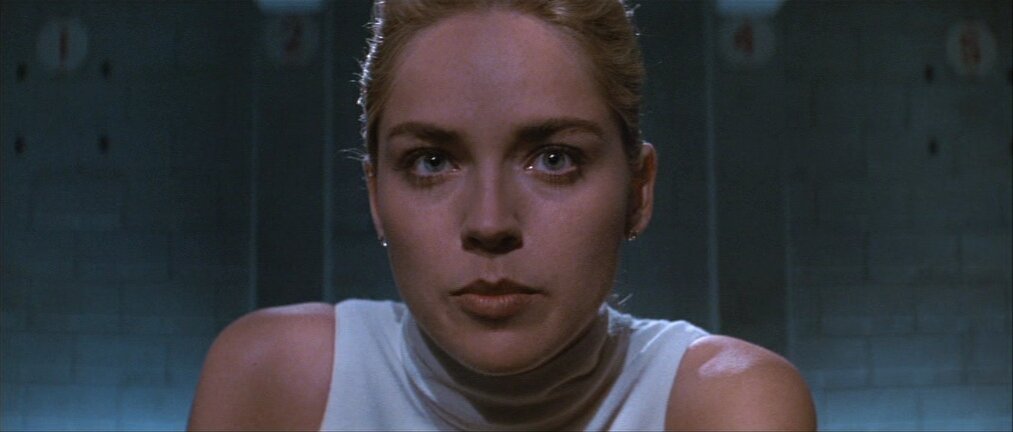


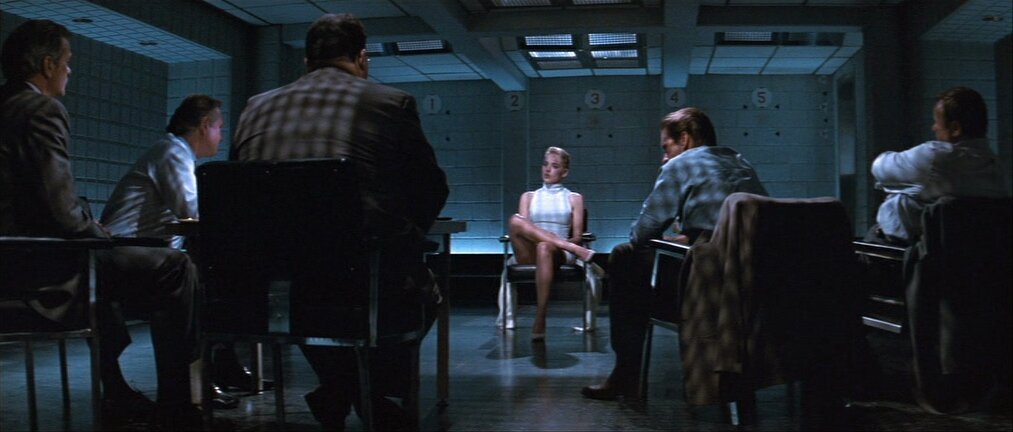
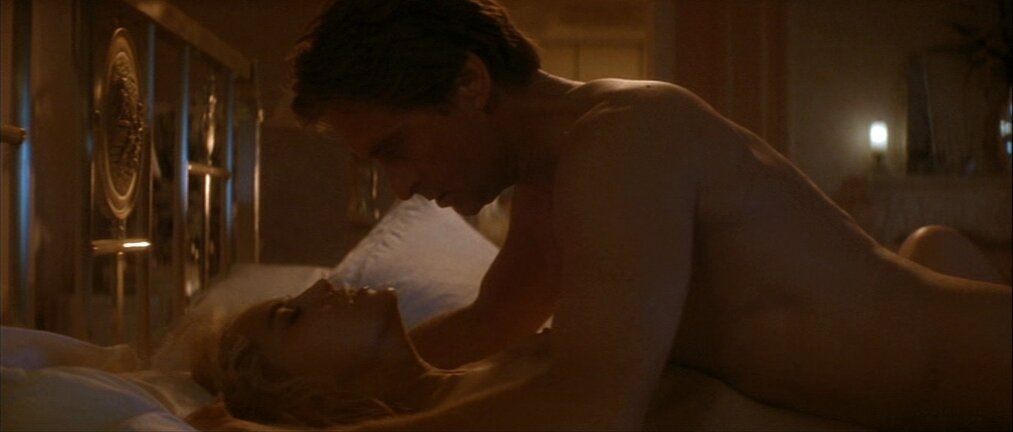
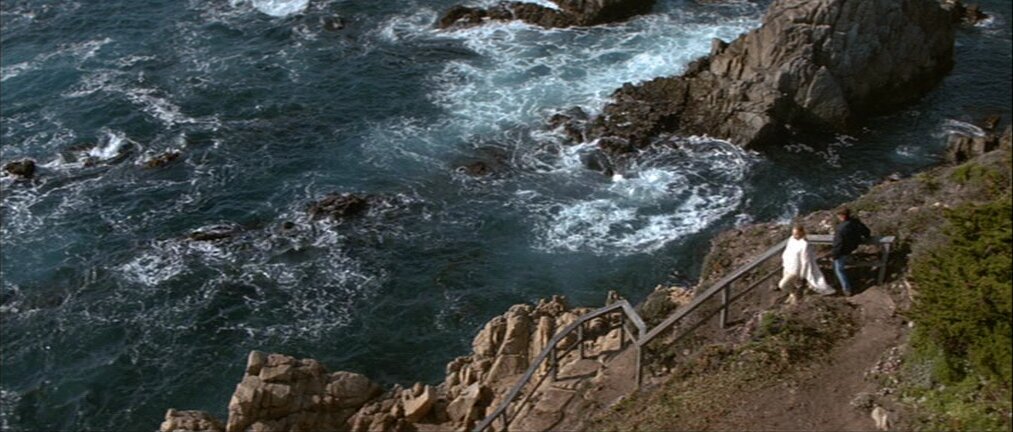
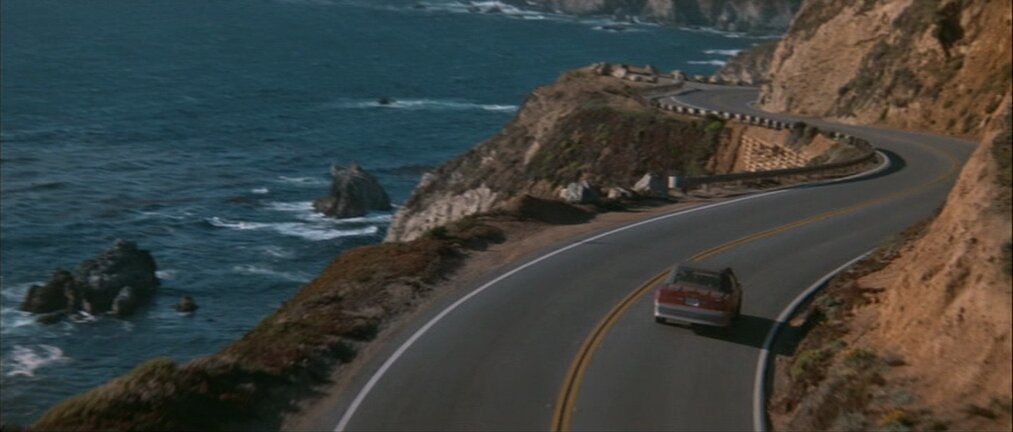
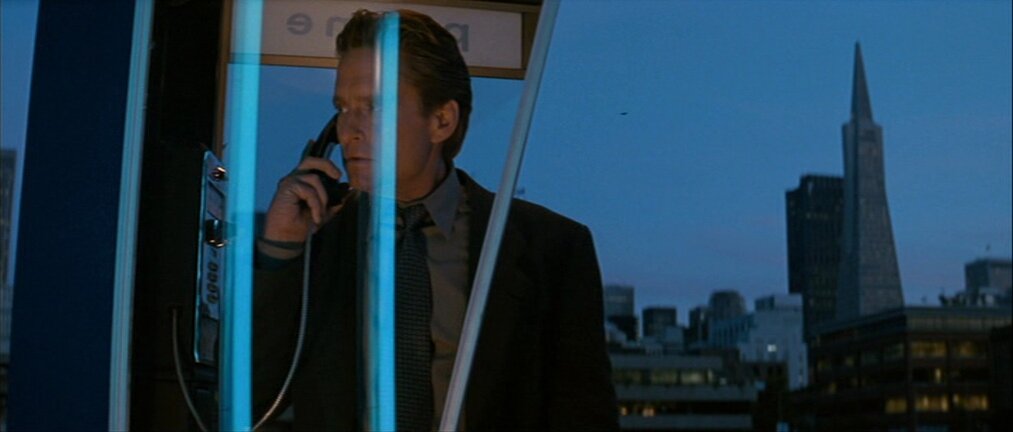
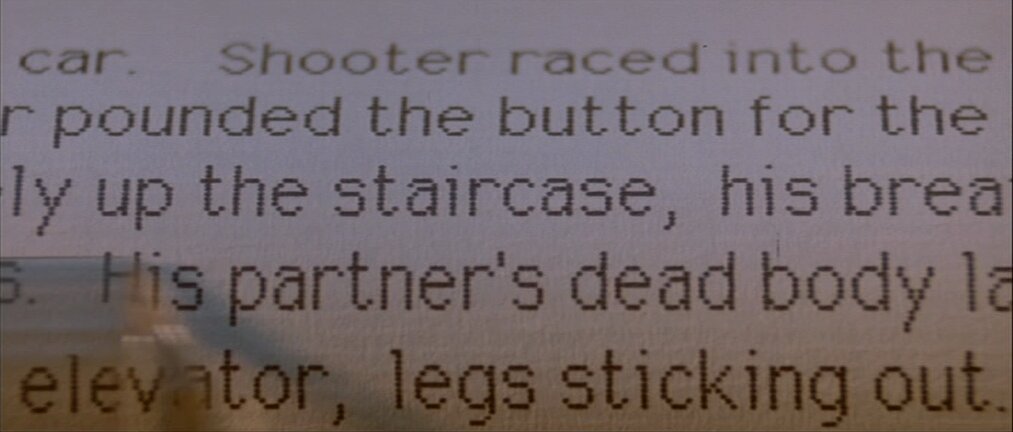
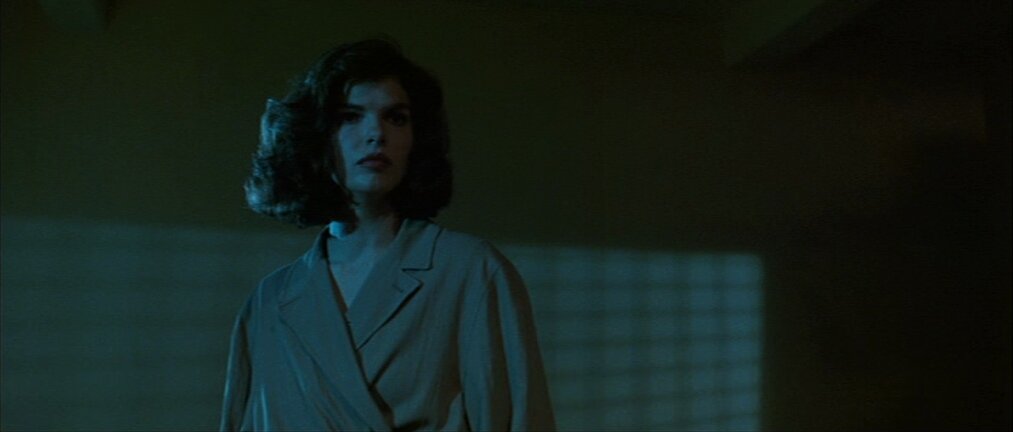

I’ve been thinking about Paul Verhoeven and Joe Eszterhaus lately. The pair worked together on Basic Instinct and Showgirls. When I learned Eszterhaus was the subject of a 1998 Playboy interview, I bought a copy on Ebay and began reading.
Eszterhaus was born in Hungary, grew up in Cleveland, worked as a reporter for the Plain-Dealer, then landed a job at Rolling Stone. At RS, he worked with Hunter S. Thompson and once watched him get high at a party. In 1978, his first effort made it to the screen: F.I.S.T.
Next, Eszterhaus rewrote Flashdance, helping make that movie a hit.
When this interview was published, Showgirls had flopped and had been widely panned. In more recent years, there’s been a reappraisal, including It Doesn’t Suck: Showgirls, by critic Adam Nayman.
Here are a few Joe Eszterhaus highlights from that 1998 interview:
On Paul Verhoeven: “He’s my evil twin.”
On the success of Basic Instinct grossing $350 million worldwide: “That created a certain hubris on our part.”
On Showgirls: “There was a surrealism we thought was organic to the savage Vegas underside we were trying to put on-screen.”
A play-by-play of a Verhoeven-Eszterhaus confrontation. Verhoeven: “I’m the director, yah? You’re the screenwriter, yah? You do what I tell you to do.” Eszterhaus: “Listen, if you come across the table at me again like that, I’m going to hit you.”
Playboy: “You describe [Showgirls] as a spiritual message that is delivered on a personal level.” Eszterhaus: “In retrospect, it was a godawful stupid thing to say. I think the religious right in this country has a straitjacketing, chilling effect on artistic expression. I was sort of thumbing my nose at the whole thing in what I considered to be an impish way. But it was a stupid thing to do. People took it literally.”
Drew Barrymore and Madonna were intrigued with the Elizabeth Berkley part. Verhoeven visited Barrymore and told Eszterhaus she couldn’t dance well enough. Madonna wanted script changes; Verhoeven refused.
On screenwriters: “The vision belongs to the writer. Realizing the vision on-screen is what the director does. Too many screenwriters hurt themselves by destroying what they’ve written because they’ve been told to.”
On writers slumming in Hollywood: “The only screenwriter who defied that and put every ounce of his being into what he wrote and then fought to preserve it on-screen was Paddy Chayefsky it ultimately killed him. Screenwriters need to be more like Paddy and less like William Goldman. There’s a story in Goldman’s Hope and Glory that is emblematic of the kind of screenwriter not to be.”
